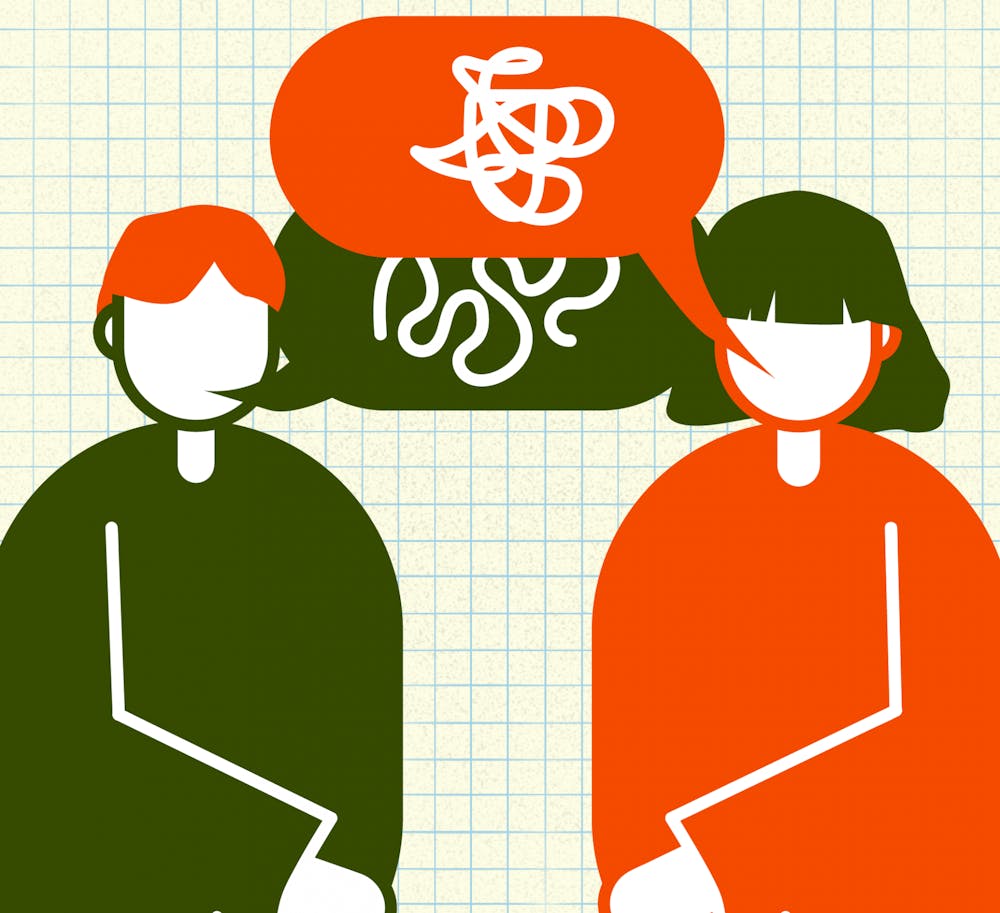
It is no secret that the 2020 presidential election has been one of, if not the most divisive elections in American history. Occurring in the context of a global pandemic and during a time of great domestic and international socioeconomic unrest, it is expected that about half of America will be happy by the outcome, or at least happy that the alternative did not win, and about half of America is going to be unhappy. What many are likely to agree on, according to a recent survey, is that after this election, win or lose, anger is the way to be and that violence is therefore justified. A YouGov poll of 1,505 voters recently found that 56% said they expect to see "an increase in violence as a result of the election." This disturbing statistic should leave us as college students, voters, and participants in the American political process worried about the future of this country and its politics.
We at the Penn Government & Politics Association, Penn’s largest nonpartisan student club, are also worried. We fear that this climate of hate and intolerance towards those of differing viewpoints will only get worse, and that politically engaged students often do little to stop it. Since our founding in 2013, we have sought to be a place on Penn’s campus where students, professors, leaders, and community members could come together to discuss the top political issues of the day and do so civilly and openly. No matter how many events we hold and new members we enjoy, however, there is still more that students can do to bring civility and political openness back into politics.
It is all too easy today to live in a world of constant validation. We scroll through Facebook, seeing posts we almost always agree on. We attend rallies and political events featuring speakers we support. We cancel people we disagree with, unfriending them and not associating with them. In fact, according to Pew only 1 in 10 Americans can even say they have a lot of friends with different political opinions. It does not, and should not have to be this way.
We all come to this political moment with our own political views, and members of our club come to GPA with our own too. I am proud to be a registered Republican leading a club filled with progressives, liberals, conservatives, libertarians, and everywhere in between; I am leading a club with members of both major parties, minor parties, and independents. We don’t suppress our views when we meet, whether in our informal weekly discussions now over Zoom, in our debates with students or political leaders on critical issues of the day, or in our nonpartisan magazine. We don’t hide where we disagree with each other. Rather, we come together knowing that there will be areas of agreement and disagreement and that it is our responsibility to learn, listen, respond civilly, and grow as political participants. That has allowed us to partner with Penn Democrats, College Republicans, and other political groups for events, whether or not they are partisan or ideological. It has allowed us to go down to Washington D.C. and lobby members of Congress, not as partisans, but as Penn students united on a bipartisan issue. Most importantly, this has allowed us to become more informed about the opinions that define U.S. politics.
We’re not asking you to hide your principles going into Election Day or going forward; we’re asking you to be open to listening to and associating with those you disagree with. I am proud to say that some of my closest friends are people I vehemently disagree with on many political issues. We may not change each other’s minds, but I truly believe I have grown from listening to perspectives and views I would not have otherwise heard, and I think anyone in GPA would share the same sentiment.
This is not a pitch to join our club and come to our events (though if you want to, feel free to check out our Facebook). Rather, this is a pitch to be open to what you may not like to hear and what you may not believe. That means, going into Election Day, truly listening to the other side, maybe by watching an interview with a candidate you had not considered voting for or asking honest questions about your own political beliefs. That means, after Election Day, thinking of some areas of agreement you share with the other side, areas where we all can work together come January 20, 2021 and beyond. That means not seeing those on the other side as enemies, for we all have enough of those, but rather seeing them as potential partners and friends. This is a pitch, win or lose November 3rd, to have an open dialogue with each other at GPA events, at Penn, with family and friends, and beyond.
JUSTIN GREENMAN is a College Senior and the President of the Penn Government and Politics Association.
The Daily Pennsylvanian is an independent, student-run newspaper. Please consider making a donation to support the coverage that shapes the University. Your generosity ensures a future of strong journalism at Penn.
Donate







